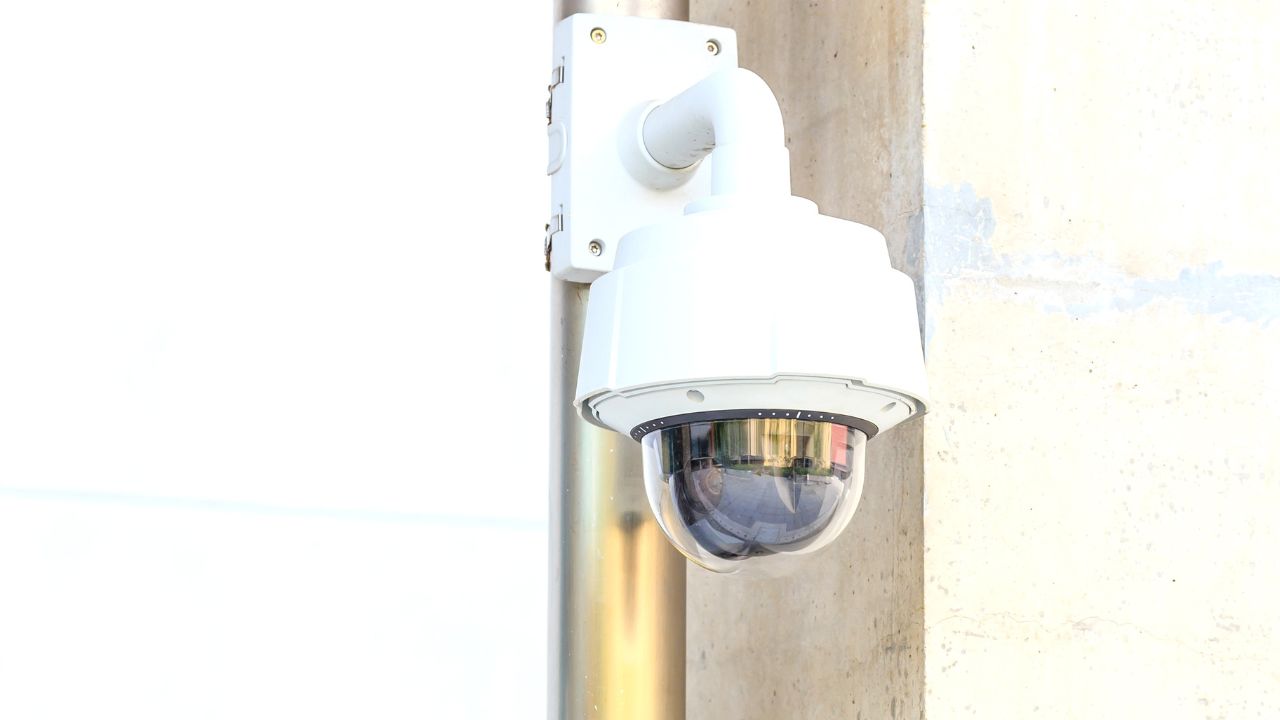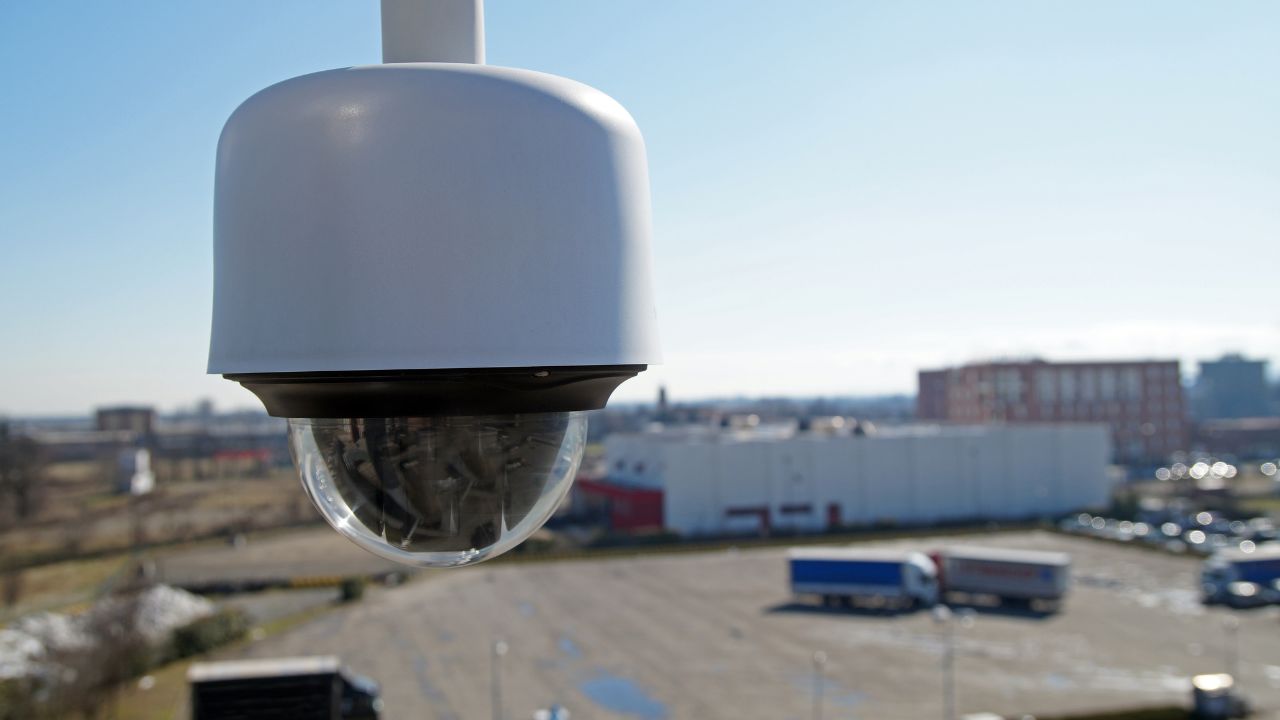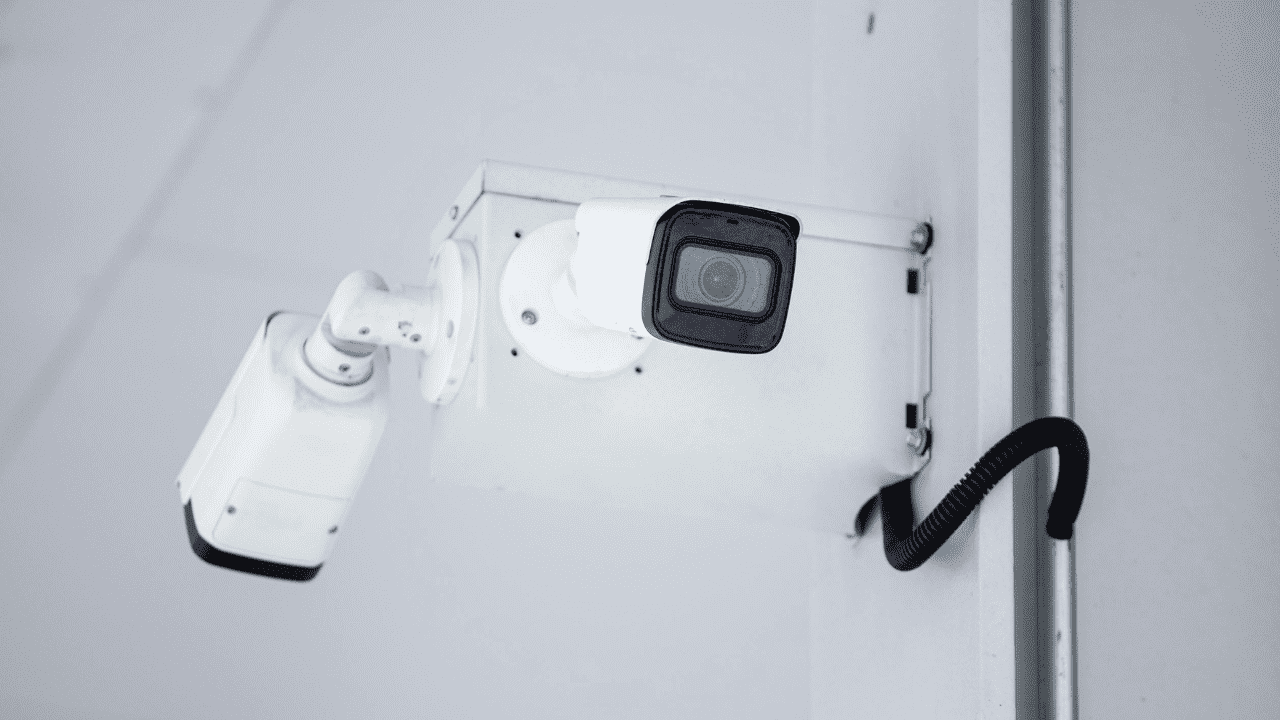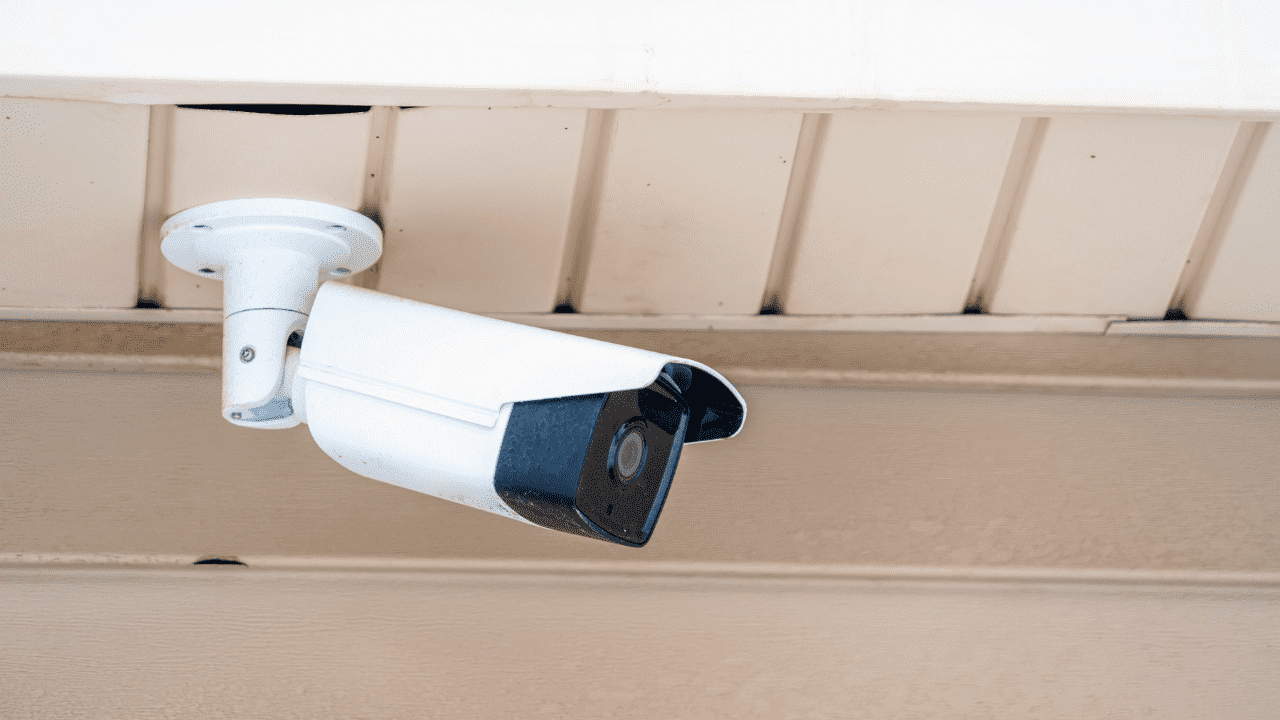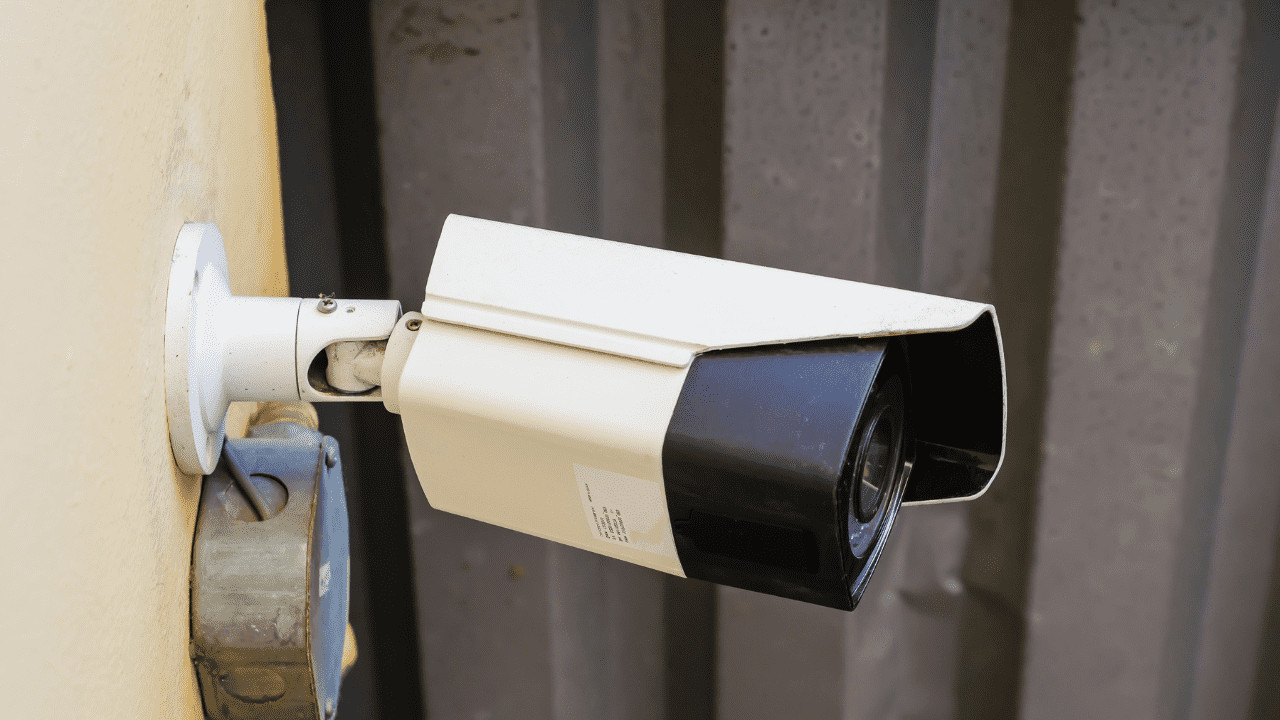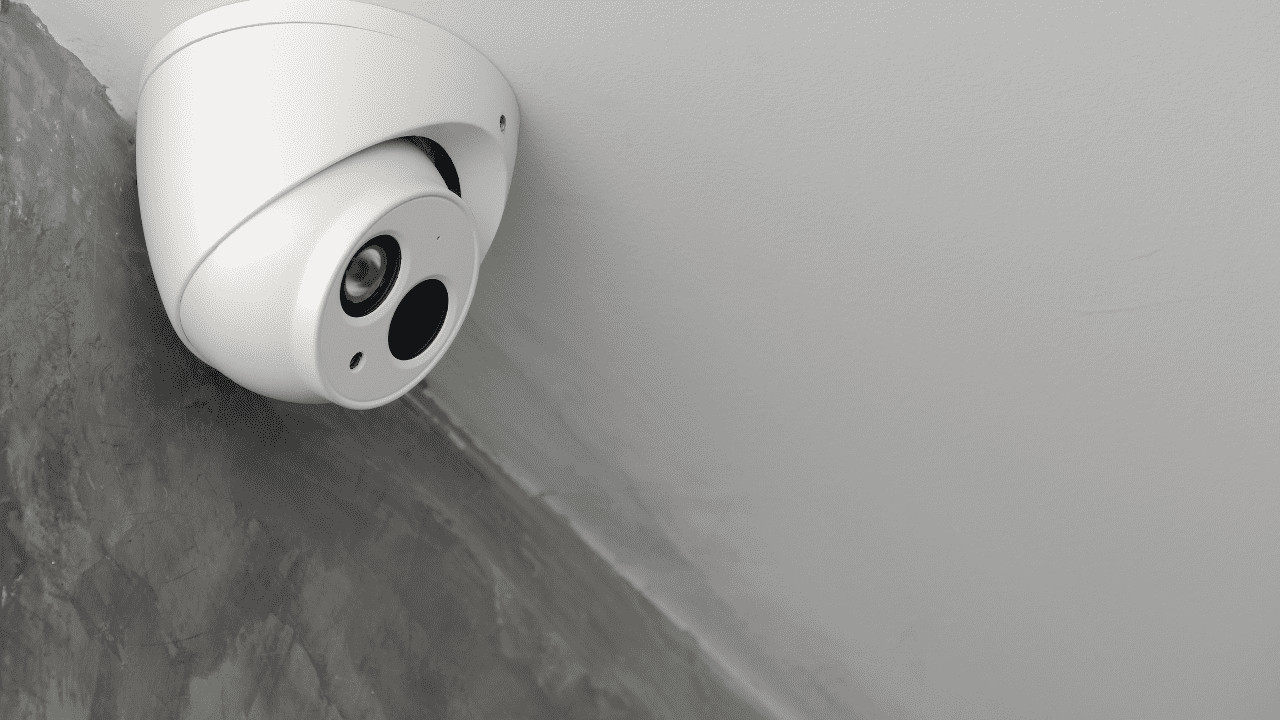When it comes to home security systems, choosing between wired and wireless options can be a daunting task. However, with the right knowledge, you can make an informed decision. In this blog post, we will compare the advantages and disadvantages of wired and wireless security systems. Whether you’re looking for top home security cameras, cameras with audio, inside security cameras, a backyard camera, or an NVR IP camera, this guide will help you understand the differences and select the system that best suits your needs.
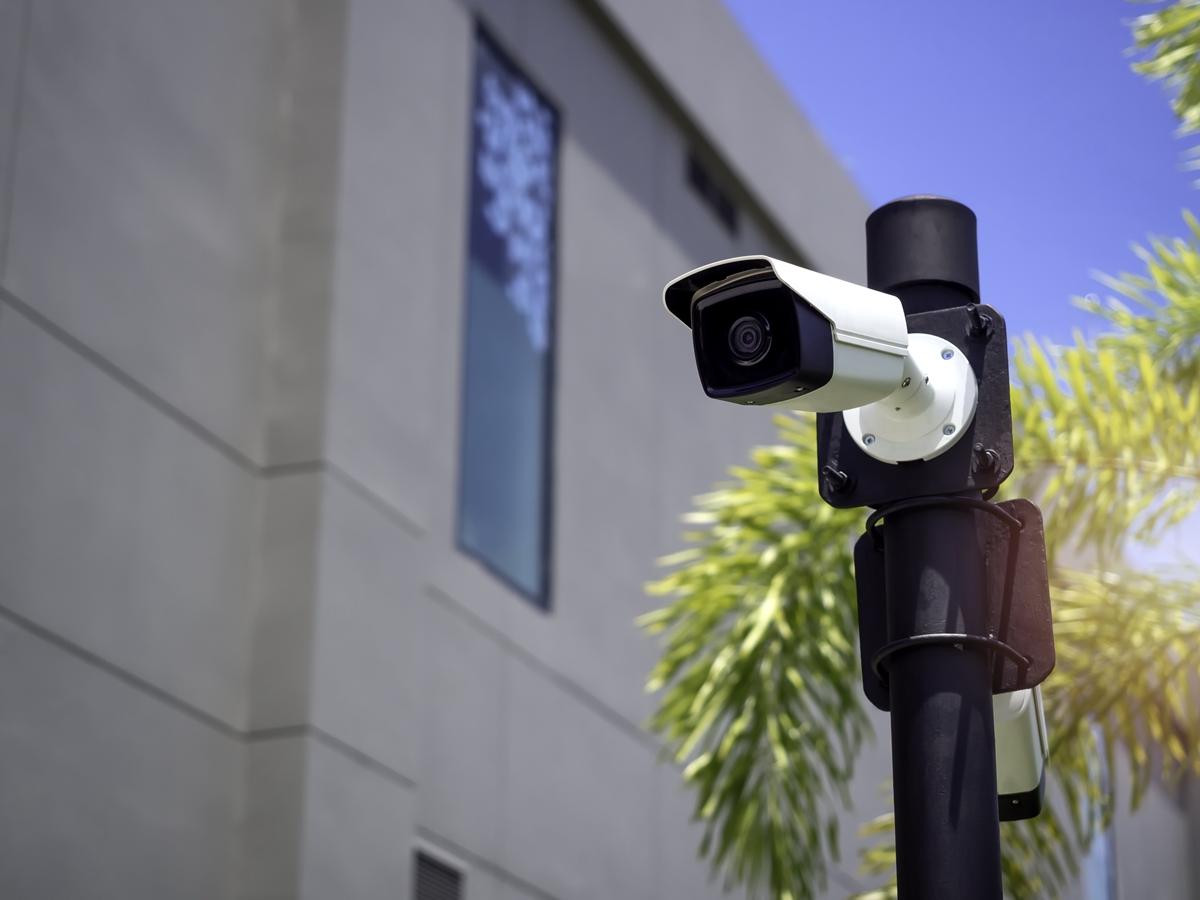
Understanding the Distinction Between Wired and Wireless Security Systems:
The names “wired” and “wireless” offer a clear indication of the primary difference between these security systems. Wired security systems rely on cables or wiring to establish communication between the control panel and other devices, while wireless security systems utilize radio waves for connectivity.
Pros of Wired Security Systems
- Installation Flexibility: Wired systems can be installed by professionals or as a DIY project, providing flexibility based on your expertise and preferences.
- Uninterrupted Service: With backup battery systems, wired security systems ensure continuous operation during electrical disturbances.
- Enhanced Security: Wired systems have traditionally been considered less vulnerable to hackers, protecting the privacy of your video devices and overall security system.
Cons of Wired Security Systems
- Complex Installation: Running cables can make the installation process more complex and time-consuming.
- Aesthetic Considerations: Concealing all wires might be challenging, potentially impacting the visual appeal of your security setup.
- Relocation Challenges: Moving a wired system requires significant effort, although certain services
Pros of Wireless Security Systems
- Easy Installation: Wireless systems eliminate the need for cable installation, making them quicker and simpler to set up.
- Rental-Friendly: If you’re a renter or have restrictions on modifications, wireless security systems are a suitable choice as they don’t involve wiring behind walls.
- Versatile Placement: Wireless systems operate on batteries, allowing you to install cameras in locations without access to electrical outlets.
Cons of Wireless Security Systems
- Battery Dependence: Wireless systems rely on batteries, necessitating periodic replacements to prevent service disruptions.
- Range Limitations: Wireless sensors must be within a certain range of the control panel to ensure optimal functionality.
Choosing Between Wired and Wireless Security Systems
While both wired and wireless security systems offer reliable protection, making the right choice requires careful consideration.
Bonus: In addition to professional installation, both wired and wireless security systems can be monitored by experts. Contact us today for a free quote and take a crucial step towards ensuring the safety of your property.
Conclusion
Choosing between wired and wireless security systems is a significant decision that impacts the safety of your home or business. By understanding the benefits and drawbacks of each option, such as top home security cameras, cameras with audio, inside security cameras, backyard camera, and NVR IP cameras, you can make an informed choice. Remember, vikylin Security is ready to assist you in selecting and installing the ideal wired or wireless security system tailored to your needs.

